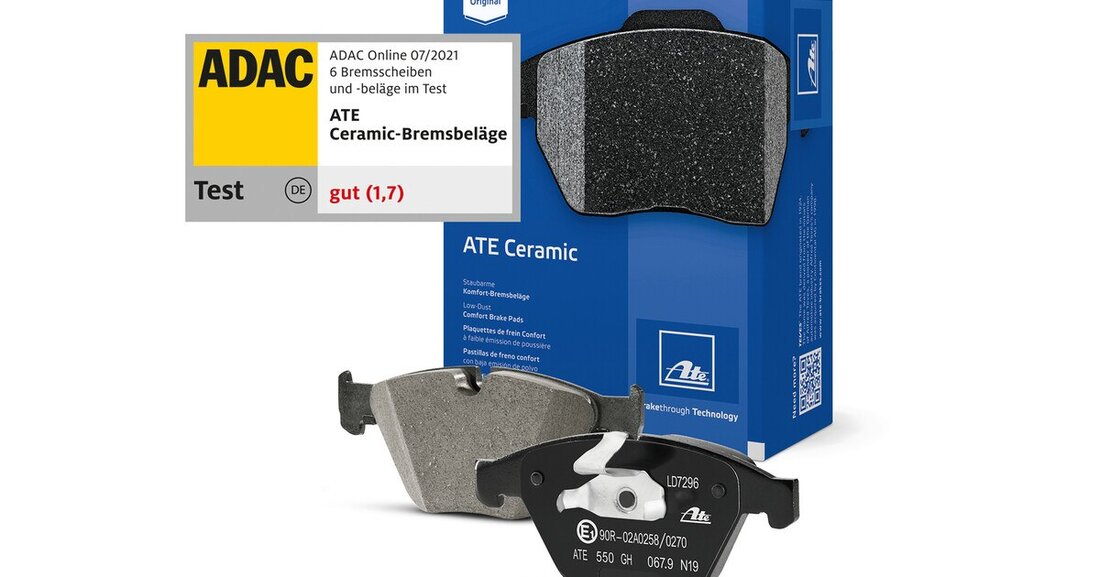ADAC brake test with surprises
The ADAC compared the original equipment brakes (discs + pads) with five aftermarket products. The results are very surprising.

ADAC brake test with surprises
The discussion always comes up: Are aftermarket parts equivalent to original parts? This is usually the case because the vehicle industry obtains the majority of the parts used for series production from the supplier industry. The ADAC has now carried out an extensive brake test with a Golf 7.
The OEM brake discs and pads had to compete against five other manufacturers:
- 2 Sportbremsensätze von Brembo und Zimmermann
- eine bremsstaubreduzierende Bremse von ATE
- eine Bremse von Bosch
- eine preisorientierte Budgetbremse von Ridex
The differences in pure product costs are large: While VW charges 432 euros for four discs with pads (German prices), the same set is available from Ridex for 100 euros. Of course, there are also the installation costs for all systems - and these can vary greatly depending on the workshop.
The result
The branded products from the accessories trade - all of which meet the European standard UN-R 90 - impressed with the “good” rating in the ADAC test and were on a par with the car manufacturer’s significantly more expensive original parts. Only Ridex was merely “satisfactory”. So good quality doesn’t always have to be expensive.
Amazing finding in the braking performance category: The braking distances from 100 km/h for the five good products were just half a meter apart, and even the slightly weaker Ridex braked normally only one meter worse. However, the coefficient of friction dropped dramatically during hot braking in the laboratory.
The fact that the differences in the braking values in driving tests are so small is due to the standard brake assistant, which all new cars, including the VW Golf, have been equipped with since 2009. The brake assistant supports emergency braking. If the driver suddenly applies the brakes, the system assumes an emergency situation. It quickly increases the brake pressure and thus the deceleration until the ABS control range is reached.
Perforated brake discs make the vehicle appear sportier, but no influence on braking performance or wear was detectable. However, perforated windows release less direct particulate matter emissions into the environment. The reason: The abrasion collects in the holes and converts into large clumps of particles, which are then less likely to get into the air.
The test in detail can be read here: ADAC brake test

 Suche
Suche
 Mein Konto
Mein Konto